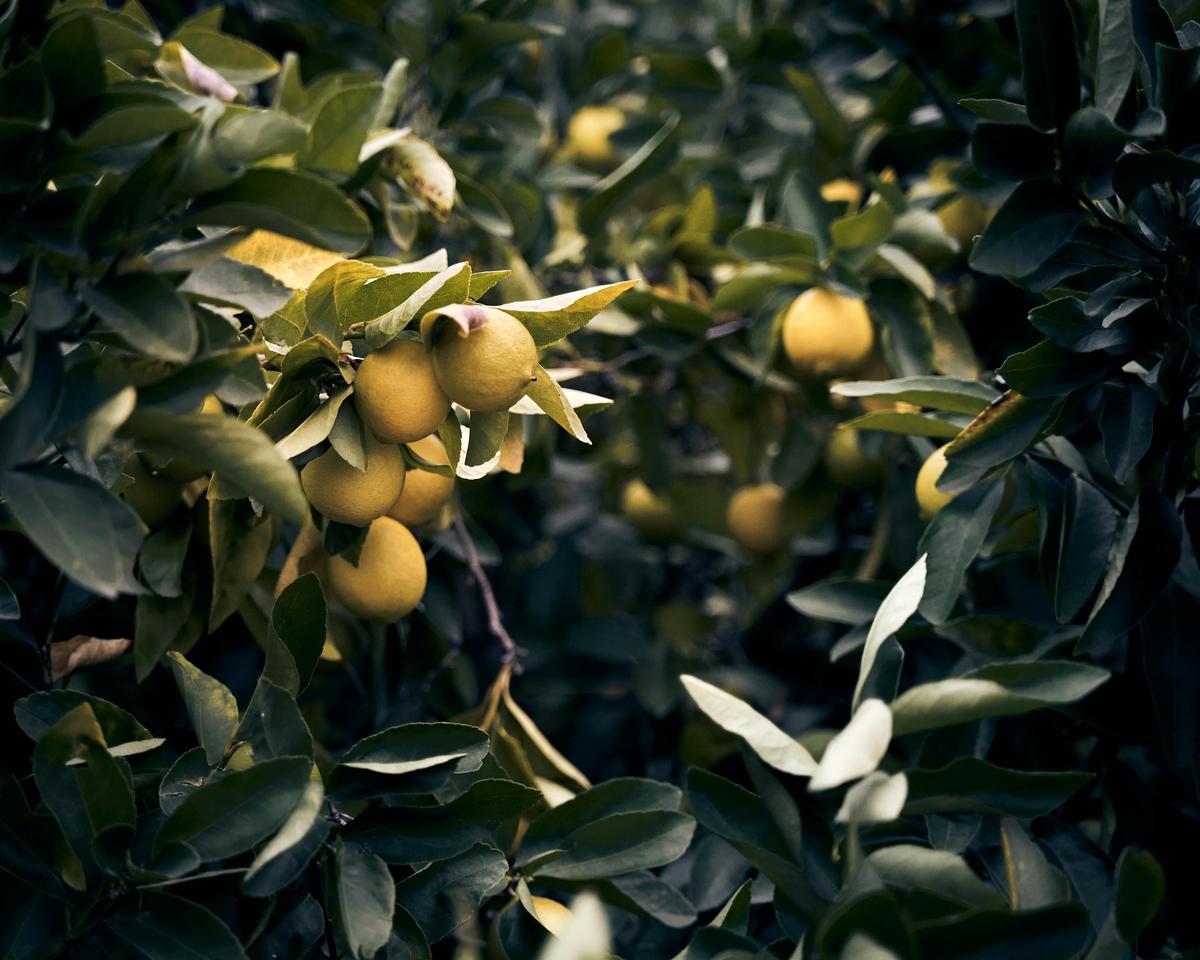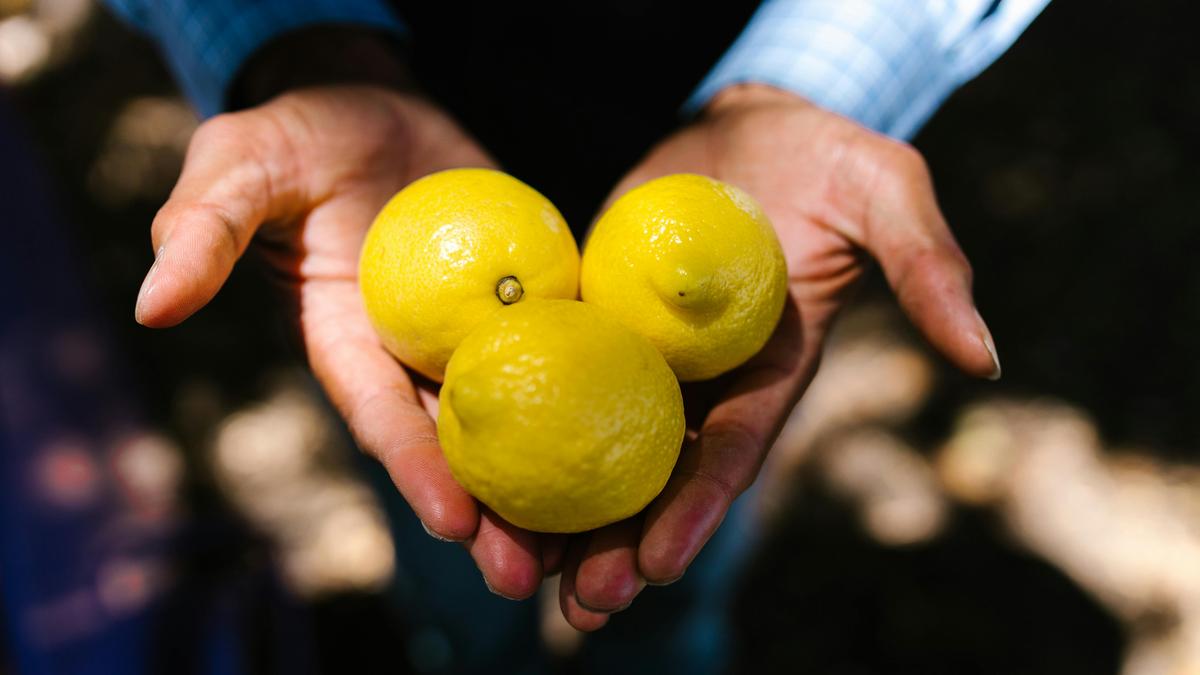Lemon, with their bright yellow and pungent taste, are a major part of dishes and homes around the world. From cuisine and fresh beverages to cleaning products and medicinal uses, lemon has definitely earned a special place in human history. From continents to civilizations for centuries, the journey of lemon is more wide than what we think!
Citrus birthplace
The story of lemon begins not with lemon itself but with a broad citrus family. According to studies, citrus fruits are believed to have originated in the tropical and subtropical regions of Southeast Asia, especially in the area extending from Northeastern India and North Myanmar to Yunnan province of China.
Modern lemons are not a wild species, but in fact, a hybrid. They are the result of a natural cross between bitter orange and citron. Possibly centuries ago, it was created through natural hybridization, over time, human intervention has occurred in lemon. The possibility of this hybridization has occurred in the region that includes Northeast India or Northern Myanmar today, although the exact details are uncertain.
From Asia to the Mediterranean Sea
Although lemon was prone to Southeast Asia, its spread worldwide was inspired by trade, victory and cultural exchange. Lemon’s first written records are relatively rare, but archaeological evidence suggests that the Lemon was known for the Middle East and People of the Mediterranean Sea around the first century CE.
The 7th and 8th centuries took a major turn with Islamic expansion. Arab, skilled horticultural experts and traders played an important role in spreading citrus fruits including the entire Mediterranean, North Africa and lemon in Southern Europe. He cultivated lemon in places like Egypt, Persia (modern-day Iran), and now what is Spain and Sicily. Arabic agricultural manuals from the mediawell period include the first accurate details of lemon cultivation.
Lemon in medieval Europe
During the Middle Ages, lemon was more and more popular throughout the Mediterranean Europe. They were initially grown in the form of decorative plants in the gardens of Islamic palaces, but soon received the favor for their cook and medicinal value.
By the eleventh century, Sicili and Southern Italy – were a growing lemon along with a favorable climate for citrus cultivation. As mediawell physicians recommended lemon for the treatment of various types of diseases, from indigestion to fever, their role in medicine is also notable. They were also used to preserve food due to their high acidity, which prevents the growth of bacteria.
European Crusaders discovered lemon at the levant and brought them back to Western Europe during the crusade (1095–1291). Due to the challenges of growing and transporting them in cold climate, lemon was considered a luxury good for many centuries, but their appeal only increased.
Another important period in the history of lemon was the age of exploration (15th to 17th century). Due to their ability to prevent scurvy, the disease caused by vitamin C deficiency, lemon was reportedly brought on board by European explorers, especially Spanish and Portuguese. This also spread his popularity worldwide. In the 18th and 19th centuries, lemon cultivation expanded with the rise of plantation agriculture and the development of irrigation systems.

When life gives you lemon, make lemonade. Photo Credit: Pexle
Do you know
Throughout history, lemon has carried out various symbolic meanings. In art, especially during Renaissance, they often represented luxury, purity, or even character sourness. In literature and folklore, lemon is often a symbol of both vitality and bitterness.
Today’s lemon
Today, lemon is grown globally and is an integral part of agricultural economies of many countries. Major growers include India, Mexico, China, Argentina and the United States. The versatility of the fruit has made it unavoidable in countless products, from lemonade and desserts to cosmetics and domestic cleaners.
Scientific research has also valued many traditional uses of lemon. Rich in vitamin C, antioxidants and bioactive compounds, lemon is given importance to their health benefits, including immune support, better digestion and antibacterial properties.
niranjana.ps@thehindu.co.in
Published – June 06, 2025 03:29 pm IST

